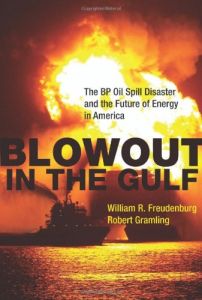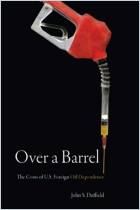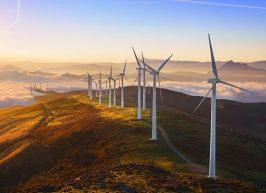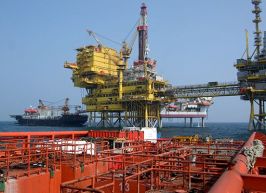Únase a getAbstract para acceder al resumen.

Únase a getAbstract para acceder al resumen.
William R. Freudenburg and Robert Gramling
Blowout in the Gulf
The BP Oil Spill Disaster and the Future of Energy in America
MIT Press, 2010
¿De qué se trata?
Oil on troubled waters: a hard-hitting, provocative indictment of the oil industry and US energy policy...
Recommendation
Authors William R. Freudenburg and Robert Gramling are college teachers, and if you have a chance to take their classes, enroll right away. Professors of environmental studies and sociology, respectively, they are very informative, and they base their conclusions on well-reported facts. Their book links US energy policy to oil politics, corporate performance, risk management, and the technological and geological problems that led to the US’s largest peacetime offshore oil spill. The professors cover the oil industry’s history and the energy debate in a single, tightly packed volume, including significant accidents, their causes and the paltry penalties companies – especially British Petroleum – paid. The book contends that oil companies wield too much power over prices, policy and the environment. getAbstract considers this vivid story about these tremendously powerful, hugely profitable companies to be essential reading.
Summary
About the Authors
William R. Freudenburg is an environmental studies professor at the University of California. Robert Gramling is a sociology professor at the University of Louisiana.






















Comment on this summary